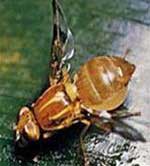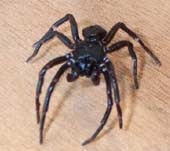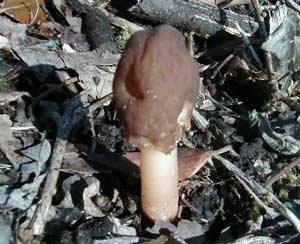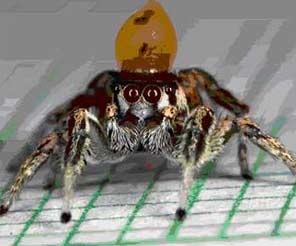“Adult fruit flies also have stem cells that control cell regulation in their gut, similar to humans,” a group of scientists reported on December 7.
 According to scientists at the Carnegie Institution: This research is crucial for understanding digestive disorders, including certain cancers, and is beneficial for developing treatment therapies.
According to scientists at the Carnegie Institution: This research is crucial for understanding digestive disorders, including certain cancers, and is beneficial for developing treatment therapies.
“Fruit flies have a gut regeneration process similar to that of humans,” said Benjamin Ohlstein, the lead researcher.
Insects also possess a basic structure in their gastrointestinal tract akin to that of vertebrates. They have a mouth, esophagus, a stomach-like organ, small intestine, and large intestine.
The scientists studied the small intestine of fruit flies, where food is broken down and converted into nutrients for the body to absorb. They focused on two types of cells – the cells located between the small and large intestines in a single layer that help break down and transport food molecules, known as enterocytes, and hormone-producing cells, which regulate stomach activity as well as the development and differentiation of the gut (enteroendocrine cells).
In vertebrates, the intestinal cells are continuously replenished by stem cells.
To investigate whether stem cells operate in the gut of fruit flies, the scientists “tagged” these two cell types and monitored the formation of metabolic cells. They discovered that these cell types were replenished by stem cells, just like in vertebrates. Furthermore, similar to vertebrates, these stem cells could differentiate into various cell types.
The researchers also found important signals that fruit flies use to control gut cell formation similar to that in humans. These signals also guide their stem cells.





















































